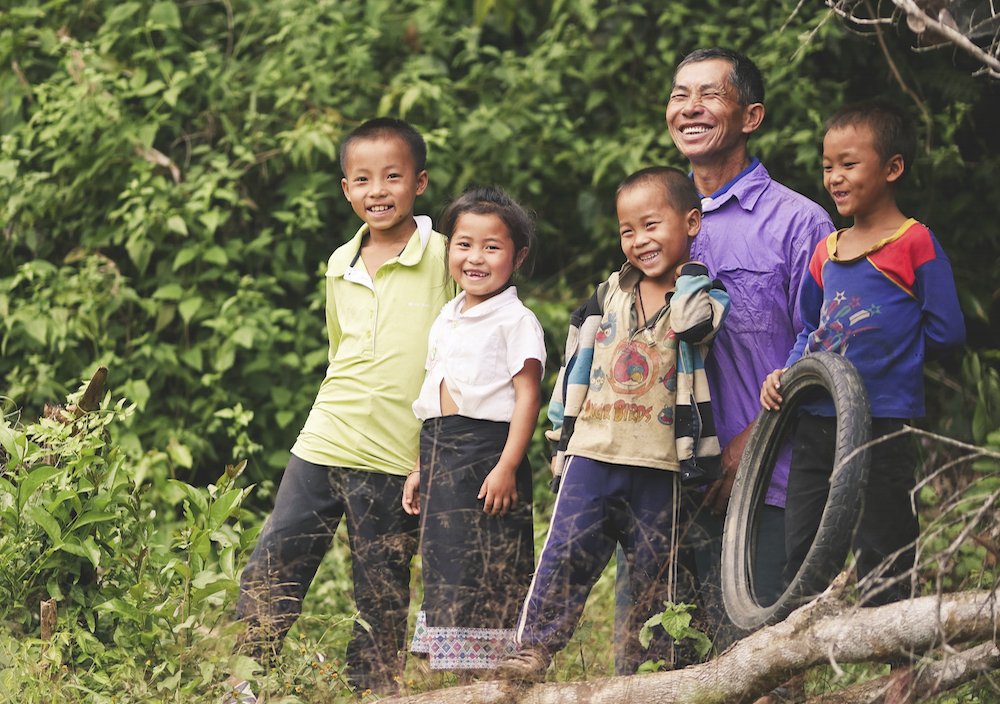Why Orphanages Are Not Best Practice
13 December, 2017
Children are so often at the heart of why we give to charity. In them we see the hope for a better future. This is perhaps why so many people support orphanages all around the world. However, development experts and credible NGOs increasingly believe that orphanages can cause harm to children and communities.
One reason is that orphanages can create orphans. An estimated 80 per cent of children in orphanages have at least one parent.
When we pour donations into orphanages instead of community development, it can force parents to choose. They may not want to send their children away, but the orphanage provides food and shelter that they might not be able to. Another reason is that institutional care has been proven to have a negative effect on a child’s development. Upon leaving an orphanage, children can lack skills that enable them to thrive.
Children are also at risk of neglect from overstretched staff or even abuse from volunteers with ulterior motives.

Take Cambodia for example. Earlier this year, there was a push to outlaw “orphanage tourism” to the country’s many orphanages.
Some of these orphanages have good intentions but many are being run for profit and thrive off the wealthy tourists who come to volunteer. These volunteers are often well-meaning but their method of staying for a few days, giving affection that the kids crave, then leaving again a few days later is a recipe for attachment disorders.
Supporting vulnerable children is incredibly crucial. However, institutional care should be a last resort and temporary option. It’s important that we look at better ways to help. Foster care and community care are good ways to keep orphan children in their communities. Along with this, when we support community development through organisations like ADRA, we help keep more would-be-orphans at home with their parents or caregivers. It’s best for the child’s wellbeing, and empowers whole communities to participate in their development.
~ ~ ~
Beth Morrow is an intern at ADRA Australia.
 1800
242 372
1800
242 372